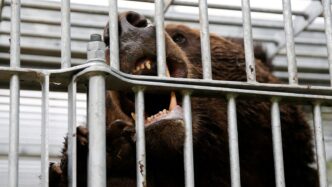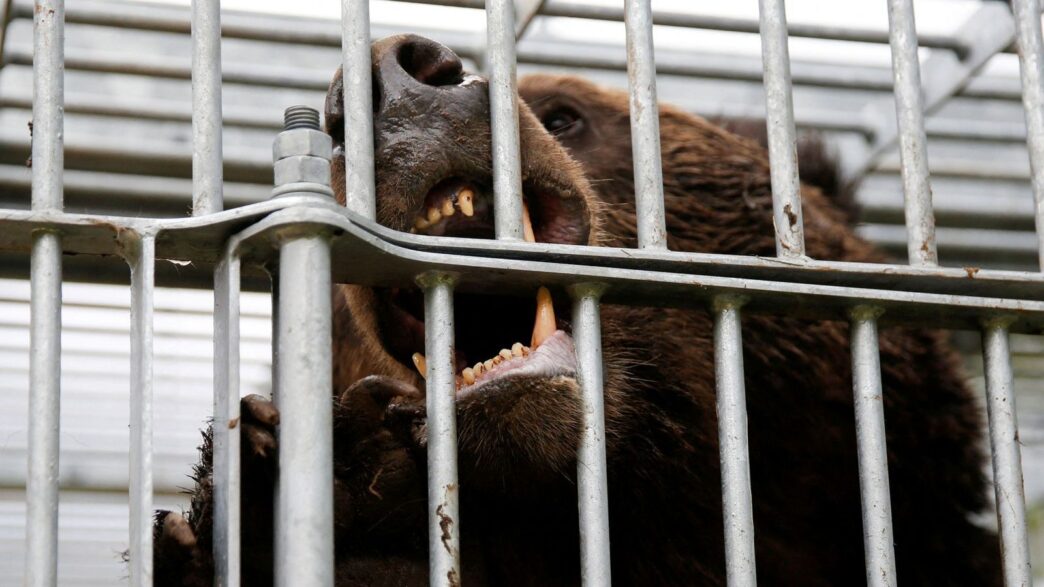What’s happening
The government of Japan has activated a military response to a sharp and deadly rise in bear attacks, particularly concentrated in the northern mountain‑town region of Kazuno in Akita Prefecture. According to the Ministry of the Environment (Japan), since April of this year more than 100 people have been injured and at least 12 people have been killed in bear attacks nationwide.
In response, the Japan Self‑Defense Forces (JSDF) have been deployed to assist in trap‑setting, transport of hunters, and other logistical operations — though they will not be carrying firearms to cull the animals.
Why now? What’s driving the escalation
Several contributing factors are being cited by officials and experts:
● Food scarcity for bears: Many regions report that traditional food sources such as acorns have been sparse this year, prompting bears to venture closer to human habitation in search of sustenance.
● Depopulation and aging rural communities: Many mountain and forested areas have fewer human residents or are less active, which creates quieter, less disturbed environments for bears to roam into.
● Expansion of bear population and habitat overlap: The bear population in Japan is estimated at over 50,000, and as the boundaries between wilderness and settlements blur, encounters are increasing.
The front line: Kazuno and surrounding areas
In the town of Kazuno (population ~30,000), residents have been urged to avoid thick forests, not to venture out after dark, and to carry bells or noise‑making devices to warn bears of human presence.
The JSDF troops arrived in trucks and jeeps, equipped with body armour, bear spray, nets, and other non‐lethal gear. Their mission: transport trap cages, inspect trap locations, and assist local authorities and hunters.
Mayor Shinji Sasamoto of Kazuno remarked:
“The townspeople feel the danger every day … It has affected how people live their lives, forcing them to stop going out or cancel events.”
Some shocking incident details
● Bears this year are entering urban or semi‑urban areas: supermarkets, hot‐spring resorts, bus stops near UNESCO sites.
● In Akita Prefecture, authorities say bear sightings have increased six‐fold this year to more than 8,000.
● The record 12 fatalities since April already surpass previous years.
Government response and upcoming measures
The national government, under Prime Minister Sanae Takaichi’s cabinet, is expected to announce a special emergency response package for the bear crisis by mid‑November.
Key measures include:
● Recruiting and training more licensed hunters (so‑called “government hunters”) to respond to bear incidents.
● Relaxing regulations to allow hunting bears in or near residential areas when necessary.
● Enhancing trap‑setting, surveillance of bear movement, and public education campaigns to reduce encounters.
This crisis has wide implications:
● Safety of residents in affected mountain/forest regions is under direct threat; daily life is being disrupted.
● Economic effects: Farms and orchards are being damaged by bears; tourism (hot springs, rural stays) may suffer; local authorities are stretched thin.
● Wildlife management question: Balancing bear conservation with human safety and property damage.
● Indicator of environmental stress: The bear incidents highlight how shifts in ecosystem balance, rural demographics, and climate change may translate into human‑wildlife conflict.
For people living in or visiting affected regions:
● Avoid going into forested areas alone, especially after dark.
● Make noise (bells, radios) to alert bears to human presence — surprise encounters are particularly dangerous.
● Store food, garbage, and fruit trees securely, to reduce attractants.
● If encountering a bear: Do not run; back away slowly, show you are not prey.
● Follow local government/bear‑alert advisories carefully.
The decision by Japan to deploy military support underscores how serious the situation has become. A combination of environmental, demographic and ecological factors has ignited a surge in bear attacks, previously considered comparatively rare. It is a stark reminder that as human and wild spaces increasingly overlap, new challenges emerge — in this case, one that affects both remote mountain communities and national policy.
Originally written by: By Arata Yamamoto and Peter Guo

















